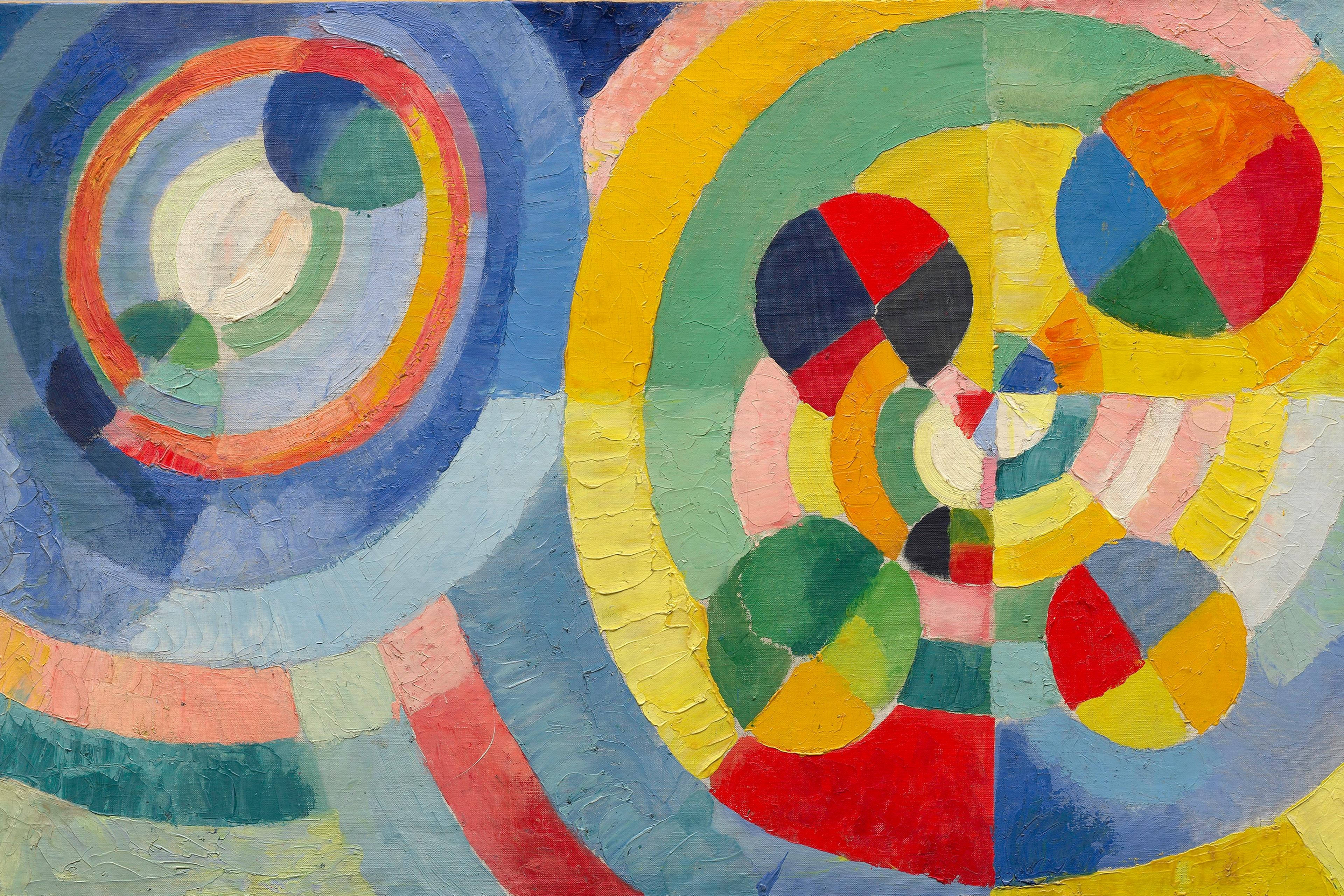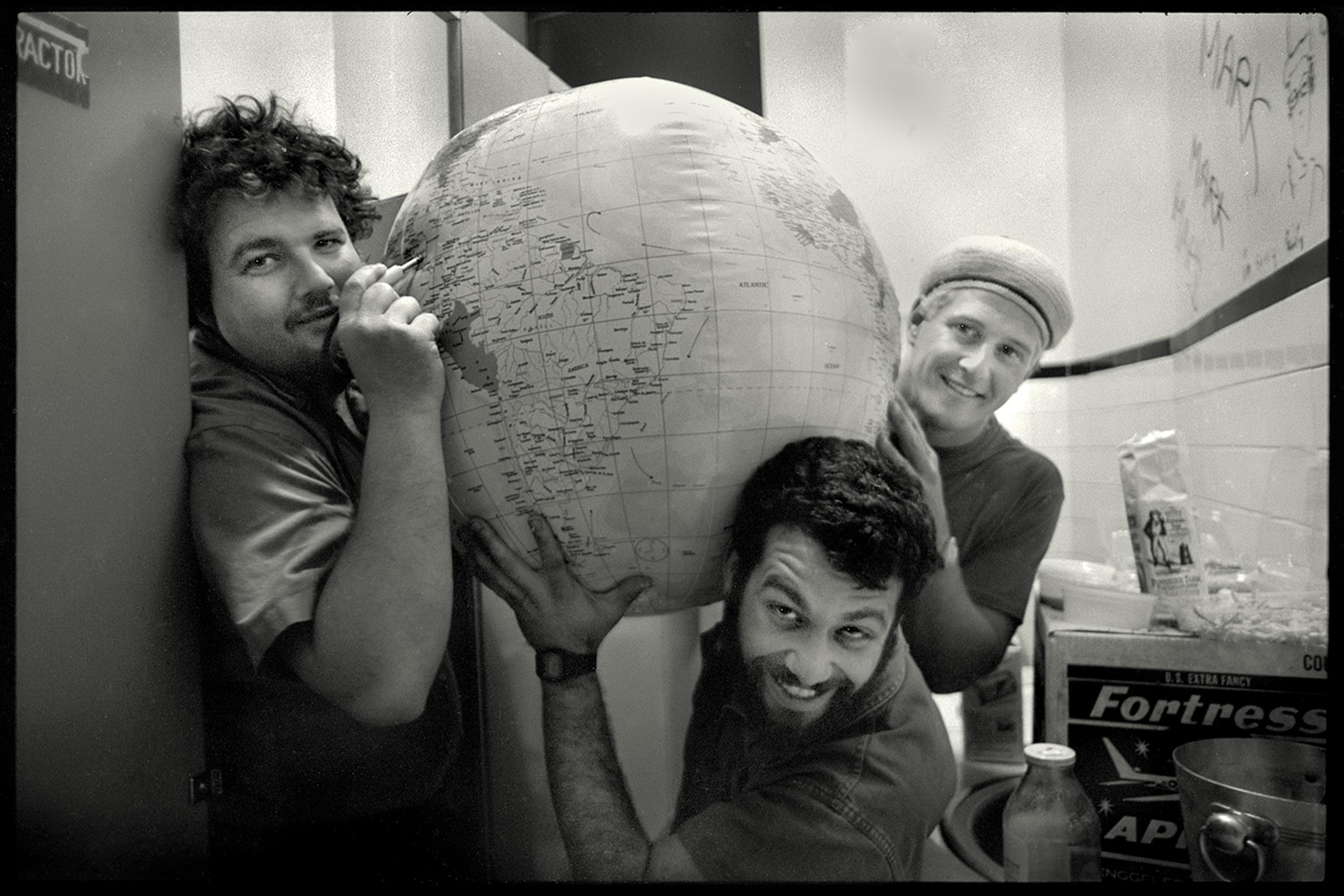We are obsessed with work. It shapes our identities, gives our lives structure, and guides us towards our purpose in life. As Americans, work is who we are. We believe that our achievements and productivity not only define us but also pave the way for success and happiness.
For the Korean German philosopher Byung-Chul Han, contemporary capitalist society has become an ‘achievement society’ and we, as its subjects, have become ‘achievement-subjects’. In the achievement society, we suffer from an internalised pressure to achieve – to do more, to be more, to have more. Whether we are aware of it or not, we have internalised the capitalist work ethic to the degree that our successes and failures weigh heavily on our individual shoulders. The primary result of the achievement society is burnout – the emotional, cognitive and physical exhaustion that comes from the pressure to constantly achieve.
And so, for Han, in the contemporary world, the self is no longer a subject but a project. The self is something to be optimised, to be maximised, to be made efficient, cultivated for its capacity for productive output. The worry is that all life activities become viewed as lines on a résumé. Knowingly or otherwise, we risk being constantly governed by the question How is what I’m doing right now impacting my maximally productive self? This mindset infiltrates even our personal and seemingly private moments, turning every choice and action into a strategic move in the game of self-improvement and advancement.
I think Han is on to something here, even if he is painting in broad strokes. In our contemporary economy, our work is increasingly personalised. We take it with us everywhere we go in our smartphones. Our constant potential connectivity to our work means that all moments of our lives are potentially time for work. Those who work in the gig economy are asked to be their own bosses, even while feeling the pressures of the algorithm to get to work. Our social media profiles are reflections of our most optimised selves, curated to project an image of success and achievement.
But it’s not hard to see that the achievement society is a sham. Since the 1970s, productivity has grown at 3.5 times the rate of pay for American workers. Precarious employment has risen by 9 per cent since the late 1980s, and we have seen extraordinarily high levels of burnout in the workforce. In short, we are underpaid, insecure, and burned out. And yet the achievement society – with its injunction to be more productive, to be more efficient, to self-optimise – retains its gravitational pull.
The problem is, as achievement-subjects, not only do we burn ourselves out, but the meaning and value of our lives is always deferred. Once we have our dream job, the perfect home, a perfectly optimised life – once we are productive enough, efficient enough, successful enough – only then will we arrive at meaning. But just like the fruit that eludes Tanatalus’ grasp in Tartarus, meaning remains just outside our reach.
The German philosopher Moritz Schlick (1882-1936) shows us that this approach to life is a mistake. In his work ‘On the Meaning of Life’ (1927), Schlick writes: ‘[T]he deification of work as such, the great gospel of our industrial age, has been exposed as idolatry.’ He argues that true meaning in life can be found only in those things that ‘exist for their own sake and carry their satisfaction in themselves,’ only in ‘free, purposeless action … which in fact carries its purpose within itself’. For Schlick, the true meaning of our lives can be found only in play.
Play is activity that we do for its own sake. It is what we call an autotelic activity – it has itself as its own goal, and it seeks no further purpose outside of itself. When we play, we are guided by the spirit of passion and joy found in the activity. In play, we are not motivated by external rewards or instrumentality. We are not driven by performance and external purpose. We don’t play to be productive or to self-optimise. We play purely for the sake of itself. In short, when we play, if it is true play, we cannot be achievement-subjects.
If work can take on the creative and self-sufficient character of play, then the distinction collapses
The spontaneous play of children helps us see this clearly. The child has no use for their play. The rigid expectations of productivity and efficiency are nothing to them. The child sees nothing before them other than their own presence in the world. The play of the child is the purest form of joy not merely because they are a child, but because they are wholly enthralled by their moment-to-moment experience. The child has not yet fallen victim to the crucial mistake that most of us make in adulthood, that ‘man in general is inclined always to regard every state, since none of them is wholly perfect, as a mere preparation for a more perfect one.’
And yet, we still experience the joy of play in adulthood, but only in moments that are few and far between. And even when we do play, it is seen as unserious or frivolous. In adulthood, play is taken to be nothing more than a short respite from work, a sojourn that helps us pass the time between periods of intense productivity.
But crucially, for Schlick, it is possible for our work to become play. If work can take on the creative and self-sufficient character of play, then the distinction collapses: ‘Human action is work, not because it bears fruit, but only when it proceeds from, and is governed by, the thought of its fruit … It is the joy in sheer creation, the dedication to the activity, the absorption in the movement, which transforms work into play.’ And so our work can become play only if the gospel of the work-ethic – whose teachings enjoin us to become maximally productive – is supplanted by the knowledge that we’ve had since childhood but have lost.
Schlick also understood that his call to playfulness was not a self-help psychological switch that can be turned on and off. It also requires structural change to do away with work that is ‘mechanical, brutalising, degrading’ or work that serves to ‘produce only trash and empty luxury’. This means that capitalism, which subjects workers to severe productivity demands and induces crises of overproduction, is antithetical to a playful society. Insofar as the achievement-subject is an outgrowth of the capitalist work ethic, the ‘play subject’ will have to emerge from a new set of economic conditions.
What would it mean to live more playfully? First, it would require us to reject work that is not intrinsically motivating and to build working conditions that are joyfully engaging. Second, it would require that we de-emphasise the importance of work for finding personal fulfilment and meaning in our lives. Despite work being central to who we are and how we can make an impact on the lives of others, we overemphasise the centrality of work in our lives at our own peril. Third, it would require a movement away from efficiency and productivity as primary indicators of social wellbeing. Finally, it would require that we develop the skills and capacities to play – to give ourselves over to those things that are intrinsically motivating, those things that are not ‘overshadowed by the dark clouds of purpose’.
Play can easily be dismissed as childish, irresponsible and unbecoming of the seriousness required of us modern achievement-subjects. But the demand for playful living is really a demand to reject the conditions of the achievement society. Embracing play is a bold defiance against the relentless productivity mantra of the achievement society. But we should also be careful not to fall into the self-help trap. Any injunction to ‘find your inner child’ or to ‘seek out your play personality’ without structural change risks being a toothless act. It’s not just an act of personal rebellion but a social imperative. A call to playfulness is not an individual psychological prescription – it is a call to collective action against the achievement society.








